Disclosure: This article contains affiliate links. We may earn a commission from purchases at no extra cost to you, which helps our travel content.
When I swapped my sales desk for a life on the road five years ago, I never imagined I'd find myself captivated by a small Hungarian city that perfectly blends baroque architecture, medieval history, and world-class wine. Eger might not make the starting lineup on most travelers' European itineraries, but this underdog destination delivers a championship performance. Just a quick two-hour drive northeast of Budapest, this compact city packs enough architectural grandeur, historical intrigue, and culinary delights to fill a perfect weekend getaway without emptying your wallet.
Day 1: Fortress, Minarets, and Baroque Splendor
My first morning in Eger began with an early ascent to Eger Castle – a strategic move that any seasoned traveler knows pays dividends in both photos and crowd avoidance. This 13th-century fortress sits like a crown above the city and played the MVP role in Hungary's defense against Ottoman forces in 1552. The morning light creates perfect conditions for drone photography, casting dramatic shadows across the ancient stonework. I set up my lightweight drone for some establishing shots, capturing the geometric perfection of the bastions against the surrounding countryside.
After exploring the castle's museums and panoramic viewpoints, I descended into Eger's old town, where baroque buildings huddle around cobblestone streets like teammates in a pre-game huddle. The 40-meter Ottoman minaret – a relic from the 17th-century Turkish occupation – stands like an unexpected exclamation point among the European architecture. For just a few forints, you can climb its claustrophobically narrow 97 steps. Fair warning: this is no casual stroll – it's more like stadium stairs on leg day, but the views justify the burn.
Eger's main square, Dobó István tér, serves as the perfect place to regroup and refuel. The square is framed by the twin-towered Minorite Church, whose facade resembles an elaborate wedding cake in stone. I found a table at one of the outdoor cafés and ordered a traditional Hungarian lunch while people-watching and planning my next move. My quick-dry travel towel came in handy when an afternoon thunderstorm briefly interrupted my architectural photography session – summer in Hungary often brings these dramatic but short-lived weather changes.
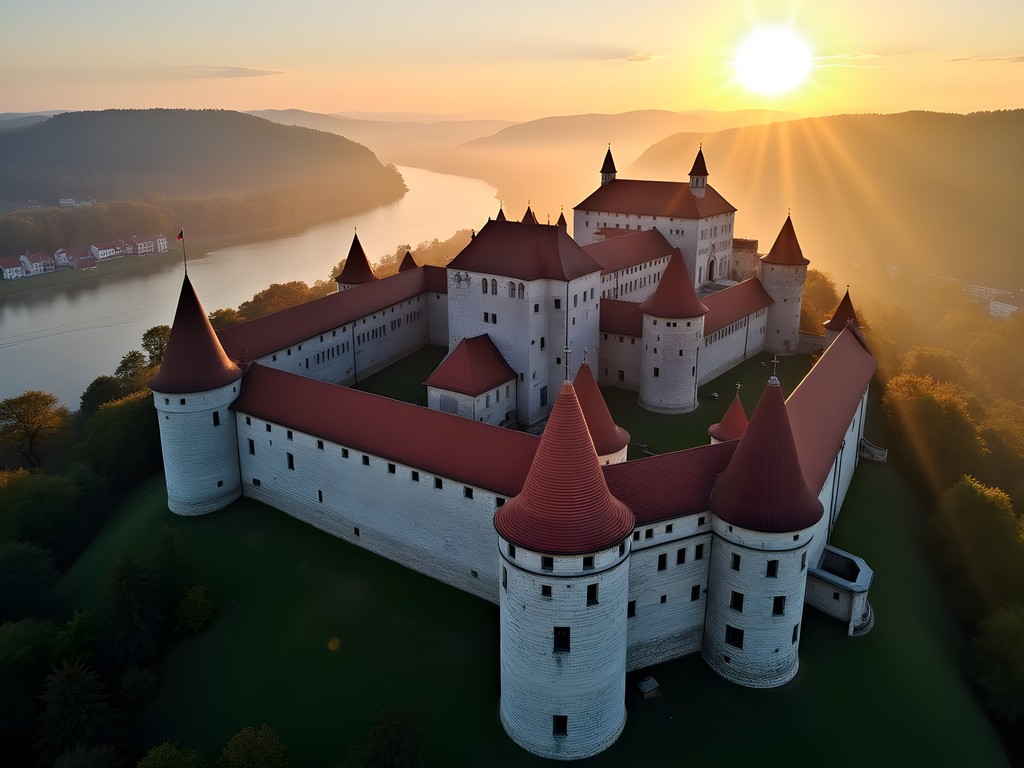
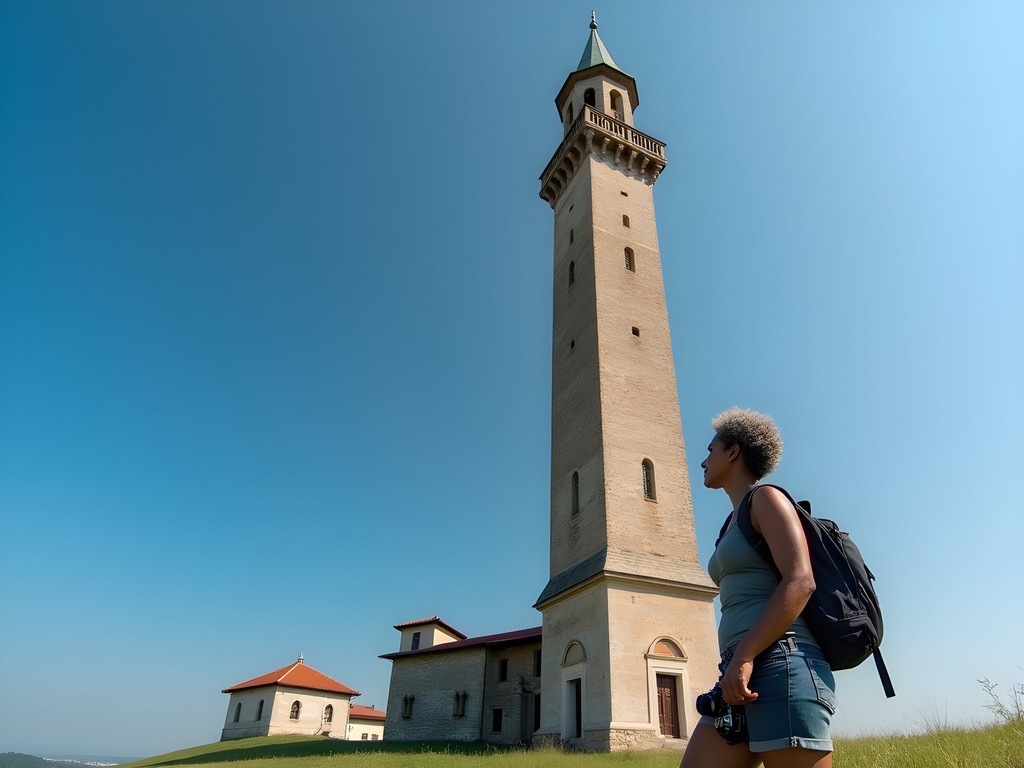
💡 Pro Tips
- Visit Eger Castle first thing in the morning to avoid crowds and catch the best light for photos
- Bring small Hungarian currency (forints) for the minaret climb – they don't always accept cards
- The minaret stairs are extremely narrow and steep – not recommended for those with mobility issues
Valley of the Beautiful Women: Eger's Wine Culture
No trip to Eger would be complete without visiting the Valley of the Beautiful Women (Szépasszonyvölgy) – and despite what sounds like a questionable name from another era, this place is actually a collection of around 40 wine cellars carved directly into the hillside. It's like the dugout where all of Hungary's best wine players hang out, just a 20-minute walk from the city center.
I arrived mid-afternoon, when the valley was coming alive with both locals and tourists. Each cellar offers tastings of regional varietals, including Eger's famous Bull's Blood (Egri Bikavér), a robust red blend with a story as rich as its flavor. Legend says that during the 1552 siege, Hungarian defenders drank red wine that stained their beards, leading Ottoman attackers to believe they were drinking bull's blood for strength.
My strategy was to sample wines from several cellars rather than settling into just one – a travel approach I call the 'rotation player' method. Many cellars offer 3-4 wine samples for under $5, making this one of Europe's most affordable wine experiences. I brought my wine tote bag to safely transport a few bottles back to my accommodation – the Egri Csillag white blend proved too good to leave behind.
As evening approached, the valley transformed into an impromptu festival atmosphere, with traditional Hungarian folk music spilling from several cellars. I joined a group of travelers and locals sharing plates of local cheese and cured meats perfectly paired with the regional wines. For capturing these dimly lit moments, my phone camera lens kit proved invaluable for creating atmospheric shots without lugging around my full camera setup.
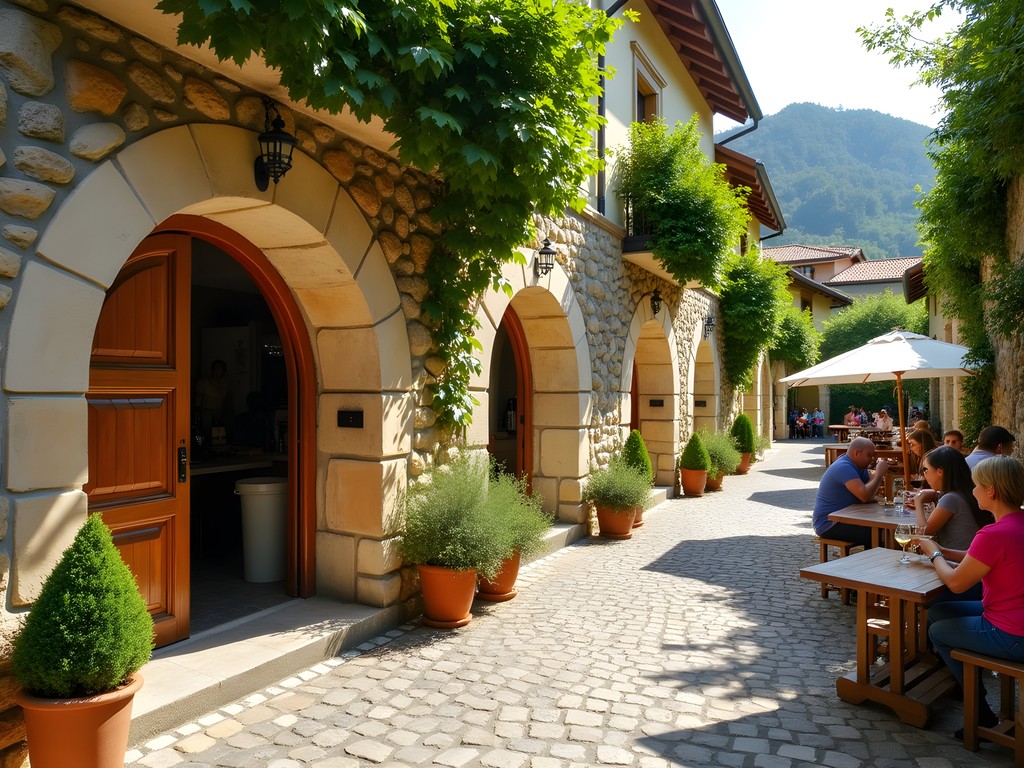
💡 Pro Tips
- Visit during late afternoon when the atmosphere becomes more lively but before evening crowds arrive
- Bring cash as not all wine cellars accept cards
- Pace yourself – the generous pours can quickly add up!
Day 2: Thermal Baths, Baroque Churches, and Hidden Courtyards
My second day in Eger began with a rejuvenating morning at the Eger Thermal Bath – a perfect recovery session after yesterday's wine tasting marathon. Dating back to the Ottoman period but modernized for today's visitors, these baths feature both indoor and outdoor pools ranging from 28-38°C. The main attraction is the Turkish bath with its original 400-year-old dome perforated with star-shaped skylights that create ethereal light beams through the steam.
After a 90-minute soak that left me feeling like I'd had a professional sports massage, I changed into dry clothes and headed to the Basilica of Eger. This neoclassical masterpiece dominates the skyline with its massive dome and twin towers. The acoustics inside are so perfect that I was fortunate enough to catch an impromptu organ practice session that filled the space with sound that seemed to physically vibrate through the marble columns.
For lunch, I ventured beyond the main tourist areas to Macok Bisztró, where I enjoyed modern interpretations of Hungarian classics on their shaded terrace. My packable sun hat proved essential protection against the intense summer sun that can be surprisingly strong at these latitudes.
The afternoon was dedicated to what I call 'architectural wandering' – my favorite way to discover a city's true character. Eger rewards curious explorers with hidden baroque courtyards, ornate doorways, and unexpected architectural details around every corner. My guidebook pointed me toward several lesser-known baroque buildings that most tourists miss, including the former Cistercian Church with its extraordinary rococo altar.
As the day cooled into evening, I found myself drawn to the Érsekkert (Archbishop's Garden), Eger's largest park. Here, locals were enjoying the summer evening with picnics and games. I used my foldable picnic blanket to claim a small patch of grass and enjoy the pastries I'd picked up from a local bakery while watching an impromptu football match between local kids – some things truly are universal.
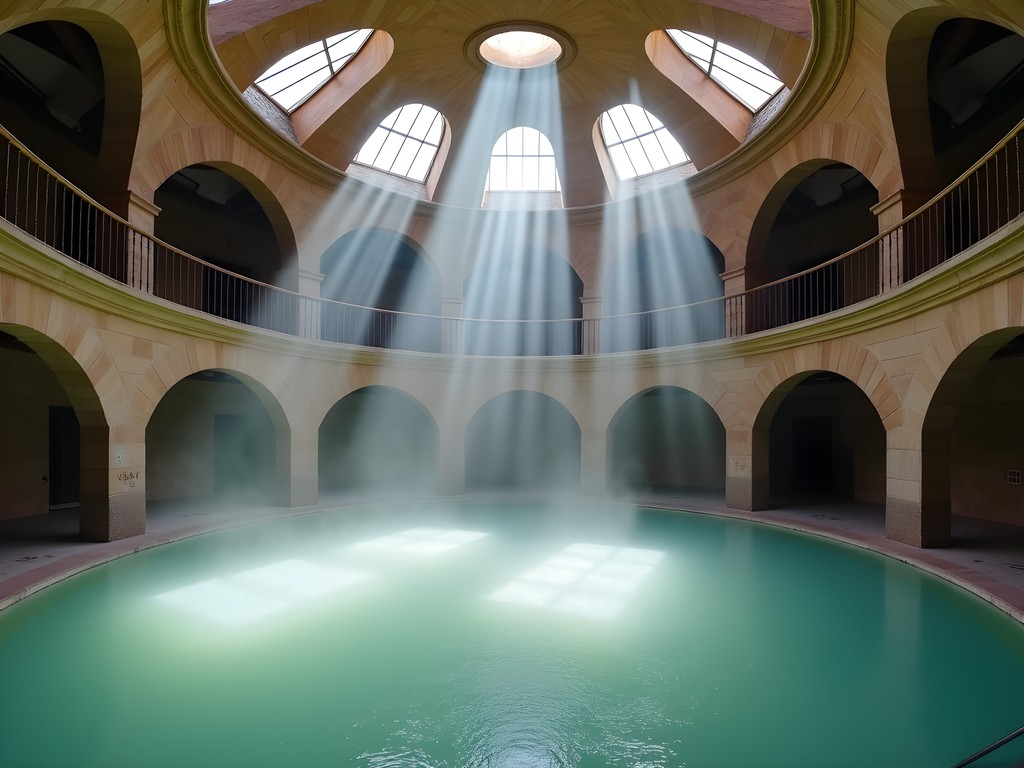
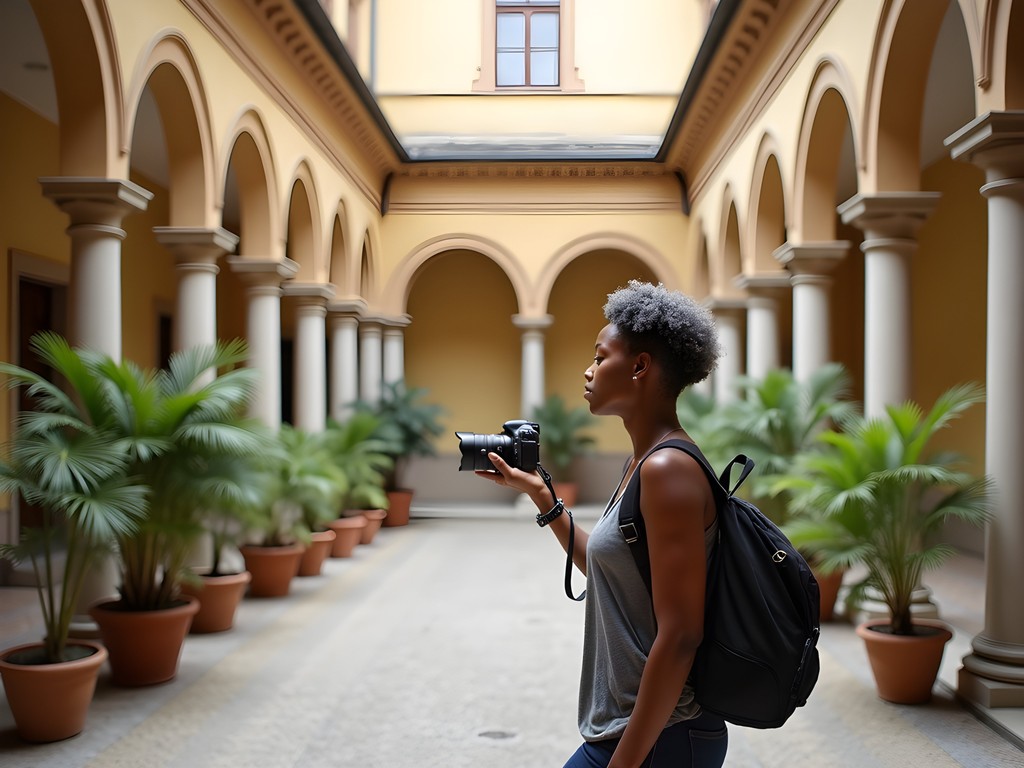
💡 Pro Tips
- Bring flip-flops and a quick-dry towel for the thermal baths
- Visit the Basilica around noon when light streams through the dome windows
- Explore the narrow streets between Dobó Square and the castle for the best hidden architectural gems
Where to Stay & Eat in Eger on a Budget
Eger offers excellent value accommodations that won't send your budget into extra innings. I stayed at Imola Udvarház, a charming guesthouse in a restored baroque building just steps from the main square. At under $60 per night including a substantial breakfast, it delivers MVP-level value with its central location and historic charm. For even tighter budgets, Eger has several well-reviewed hostels starting around $20 per night.
Food in Eger scores a home run for both quality and value. For traditional Hungarian cuisine that won't break the bank, Macok Bisztró offers an excellent prix-fixe lunch menu that's a fraction of their dinner prices. Senator-Ház Restaurant serves enormous portions of Hungarian classics like goulash and chicken paprikash at reasonable prices. For quick, affordable meals, the food stalls near Dobó Square offer langos (fried dough with toppings) and kürtőskalács (chimney cake) that make perfect on-the-go snacks.
My secret weapon for comfortable budget travel is always my compression packing cubes which allowed me to pack light enough for this weekend trip to fit everything in a single backpack, avoiding checked baggage fees on my budget airline flight. Similarly, my water filter bottle saved me countless forints by allowing me to safely refill from any tap in the city.
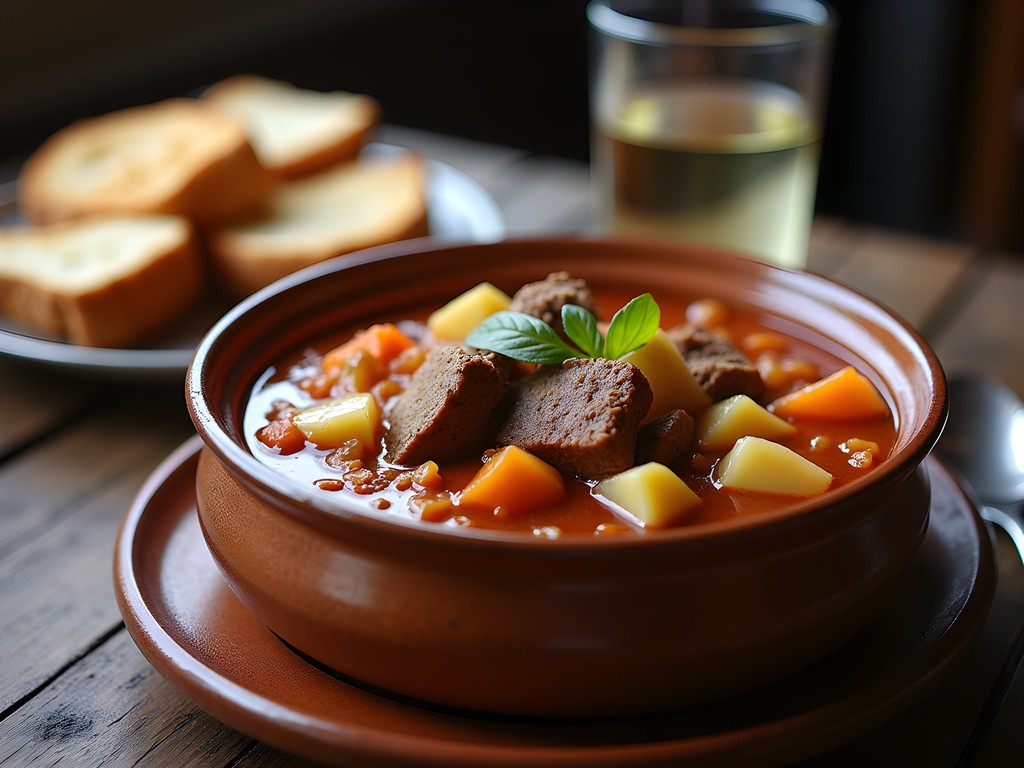
💡 Pro Tips
- Book accommodations near Dobó Square for the most convenient location
- Many restaurants offer significantly discounted lunch menus compared to dinner prices
- The local Agria shopping center has a supermarket perfect for picnic supplies
Final Thoughts
As my weekend in Eger drew to a close, I found myself already plotting a return visit – perhaps in autumn when the surrounding vineyards turn golden and the Valley of Beautiful Women celebrates harvest season. This baroque gem may be a short drive from Budapest, but it exists in a different league entirely – one where time moves more slowly, history feels tangibly present, and the warmth of Hungarian hospitality shines through in every interaction.
Whether you're drawn to the architectural grandeur, the thermal waters, the exceptional wines, or simply the joy of discovering a place that hasn't yet made it to the European travel major leagues, Eger delivers a championship performance at minor league prices. In my years of globe-trotting, I've developed a special appreciation for these underdog destinations – the ones that surprise you with their depth and character without the crowds and costs of their more famous neighbors.
So next time you're mapping out a Hungarian itinerary, don't bench Eger in favor of only Budapest. This baroque beauty deserves its moment in the starting lineup of your travel plans – I promise it won't disappoint.
✨ Key Takeaways
- Eger offers exceptional value with world-class wine tasting experiences starting under $5
- The compact city center means everything is walkable, eliminating transportation costs
- Summer brings ideal weather but also the most tourists – consider shoulder seasons for better deals
- Hungarian cuisine in Eger costs roughly half what you'd pay in Budapest for similar quality
📋 Practical Information
Best Time to Visit
Late spring (May-June) or early fall (September) for pleasant weather and fewer crowds than peak summer
Budget Estimate
$150-250 per person for a weekend including accommodations, food, and activities
Recommended Duration
2-3 days
Difficulty Level
Easy

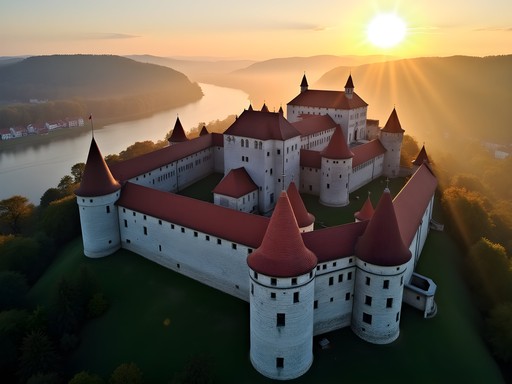
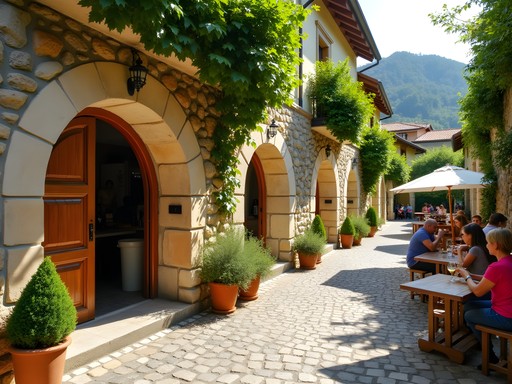
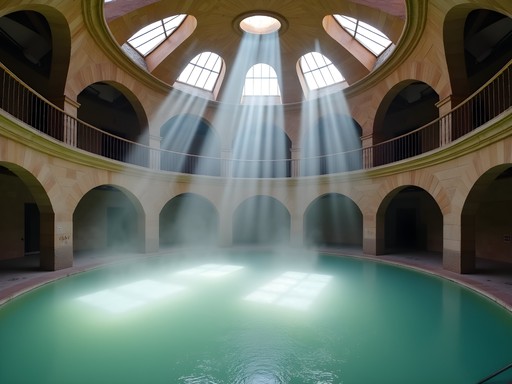
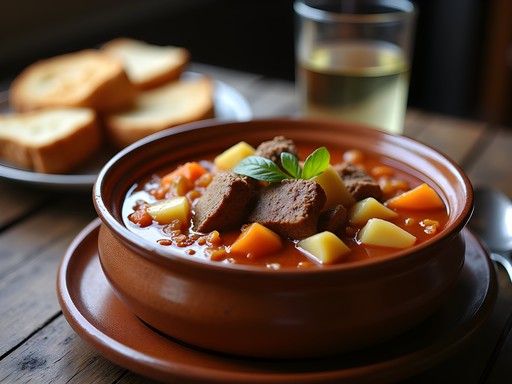


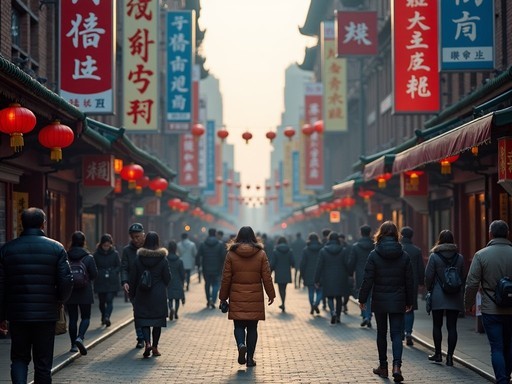
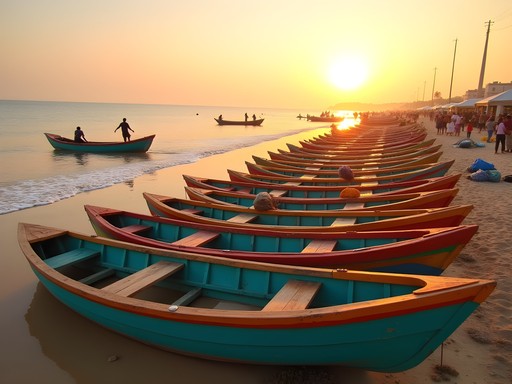
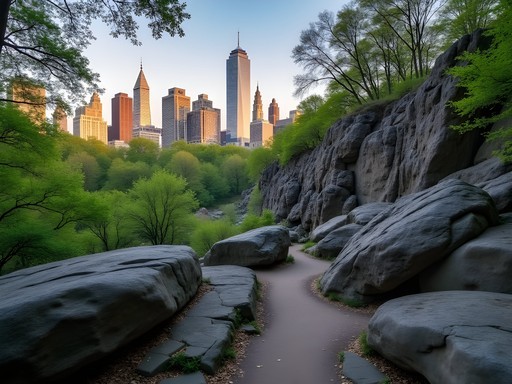
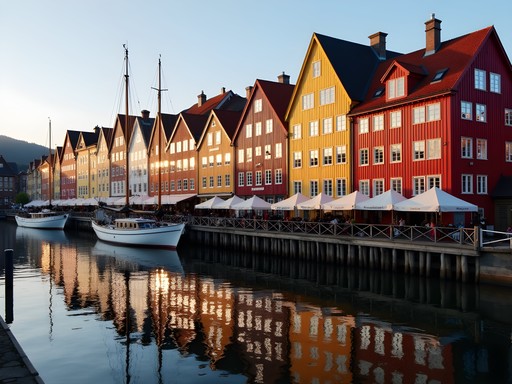
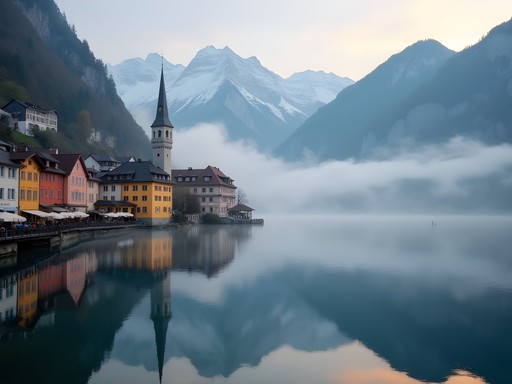
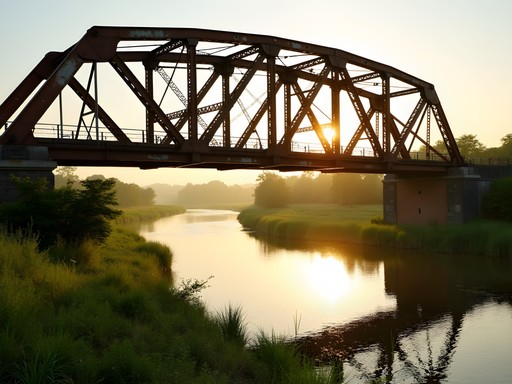
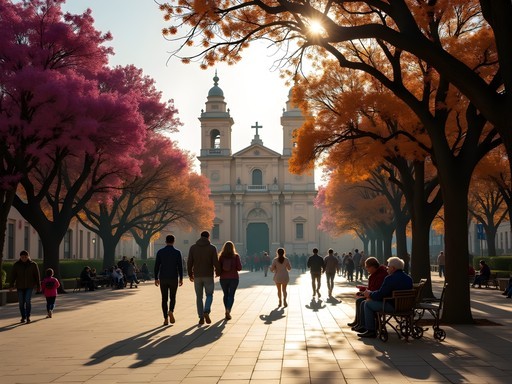
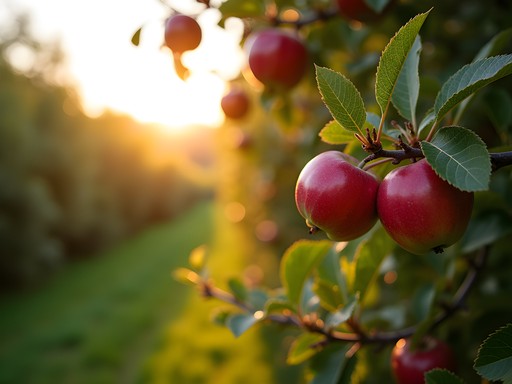
Comments
roamway
This looks incredible! Definitely going this summer.
starone8087
Just got back from Eger last weekend and used this guide - thank you!! The minaret climb was intense (super narrow stairs) but the view was worth it. We also did the wine tasting and it was such a fun afternoon. One tip: the Valley of Beautiful Women gets pretty busy on Saturday afternoons, so maybe go Friday evening or Sunday morning if you want it quieter. Overall spent way less than we expected, great budget destination.
Amanda Morris
Naomi, this brings back such lovely memories! I did a similar route through northern Hungary last spring and Eger was definitely a highlight. What struck me most was how uncrowded it felt compared to Budapest - you can actually wander the baroque streets without fighting through tour groups. If any readers are planning a longer Hungary trip, I'd suggest combining Eger with Tokaj (the wine region) - it's only 90 minutes away by bus and the scenery is gorgeous. The two towns together make for a perfect 4-5 day circuit. Your budget accommodation tips are spot on too - stayed in a family-run guesthouse near the basilica for €25/night and the hosts were wonderful.
wanderlustrider6400
Ooh Tokaj looks amazing just googled it
waveguy
Which thermal bath did you go to? And do you need to bring your own towel?
Naomi Jackson
I went to the Eger Thermal Bath (the main one in town). You can rent towels there for a small fee but bringing your own is cheaper. Also bring flip flops!
moontime
Love your photos!
Gregory Boyd
Excellent breakdown, Naomi. I visited Eger in 2023 and your itinerary mirrors what I'd recommend. One addition: the fortress casemates (underground tunnels) are fascinating if you're into military history. The 1552 siege story is genuinely compelling - 2,000 defenders held off 40,000 Ottoman troops. Also worth noting the fortress ticket includes the wax museum and lapidarium, so budget 3-4 hours minimum if you want to see everything properly. The panoramic views from the upper ramparts at sunset are exceptional for photography.
roamway
The underground tunnels sound cool! Are they claustrophobic?
Gregory Boyd
Not particularly - they're quite spacious and well-lit. If you're comfortable in basement spaces, you'll be fine.
backpacklife
How much did you spend on the wine tasting in the Valley of the Beautiful Women? Is it touristy or more authentic?
Naomi Jackson
Hey! Super authentic actually. Most cellars charge around 200-400 HUF per tasting (less than $2 USD). I spent maybe $15 total and tried wines at 4 different cellars. Just walk around and pop into the ones that look interesting!
backpacklife
That's so cheap! Thanks!
wanderlustrider6400
Adding this to my list right now! Never even heard of Eger before.
TravelWithKids
Is Eger suitable for families with young children? My kids are 5 and 7, wondering if the fortress would be interesting for them?
HungaryFan
My kids loved the fortress! They have cannons and sometimes people in historical costumes. The wax museum inside might be a bit scary for little ones though.
TravelWithKids
Thanks for the tip about the wax museum! We'll probably skip that part.
SoloBudgetTraveler
Just got back from Eger last week and followed this itinerary almost exactly! One thing to add - I found the Szépasszonyvölgy (Valley of Beautiful Women) a bit tricky to reach by public transport, so I ended up using my foldable bike which was perfect for getting around town and out to the wine valley. The ride back after wine tasting was... interesting 😂 Also, budget travelers should check out Imola Hostel - super clean, central, and only about €15/night with breakfast included! The free walking tour that starts at Dobó Square was excellent too.
SoloBudgetTraveler
Two days was perfect for the main sights, but I could have easily spent another day just relaxing at the thermal baths and trying more wine cellars! It's a really chill place.
oceanvibes
Thanks for the hostel recommendation! Did you feel like 2 days was enough time there?
Venture X
Premium card with 2X miles, $300 travel credit, Priority Pass